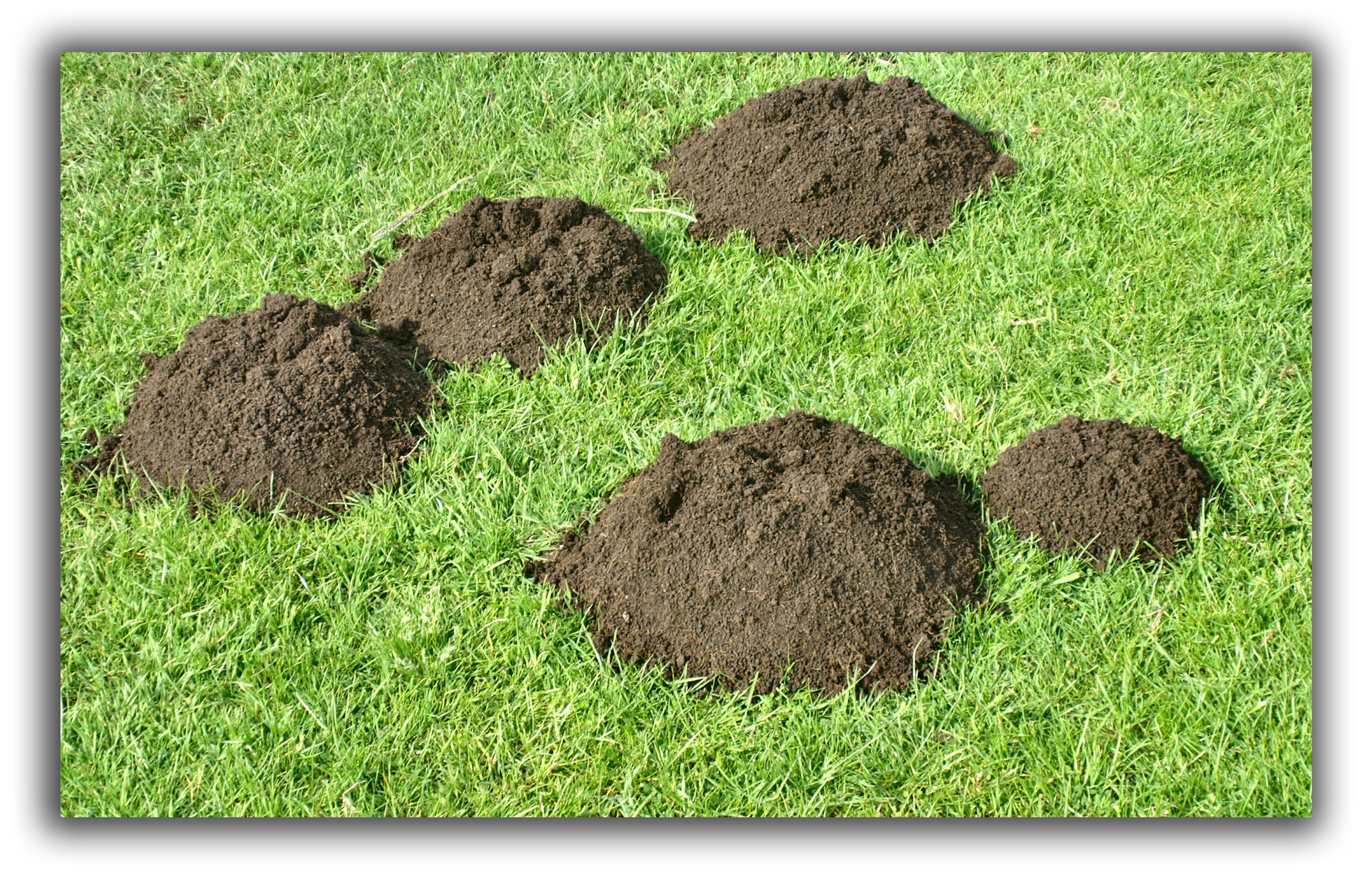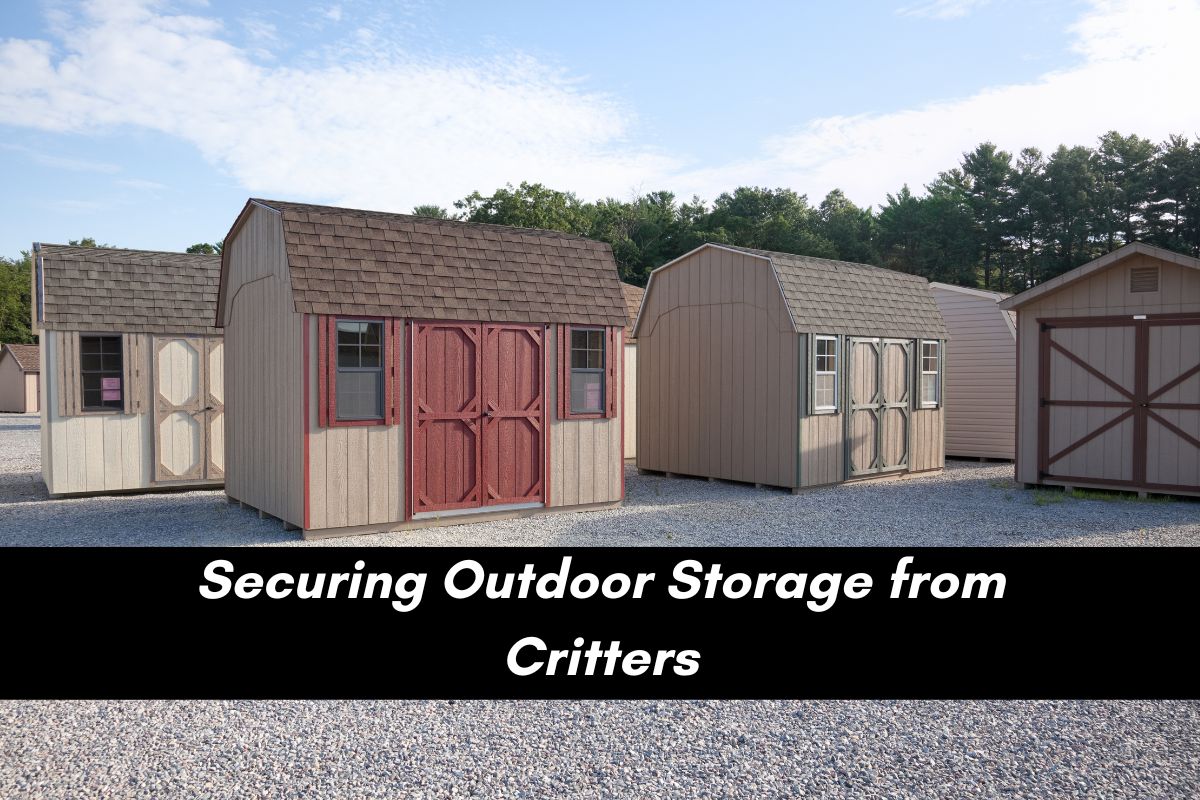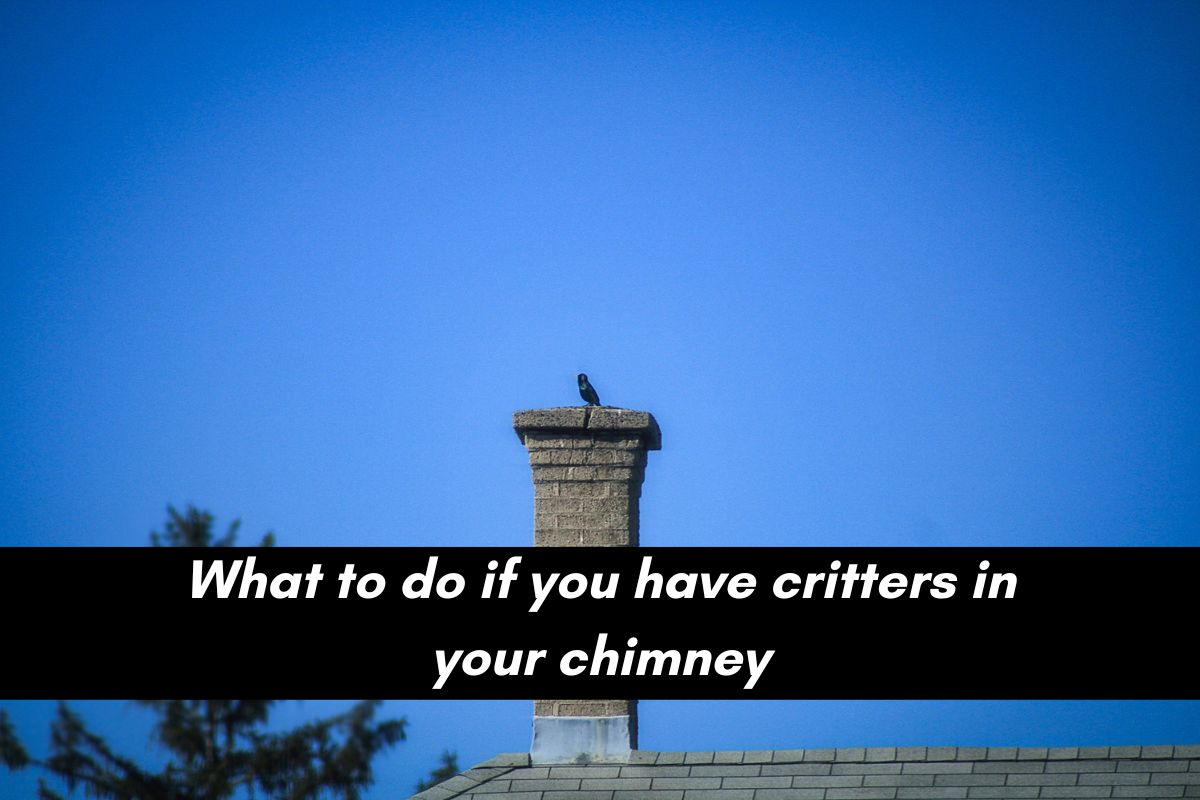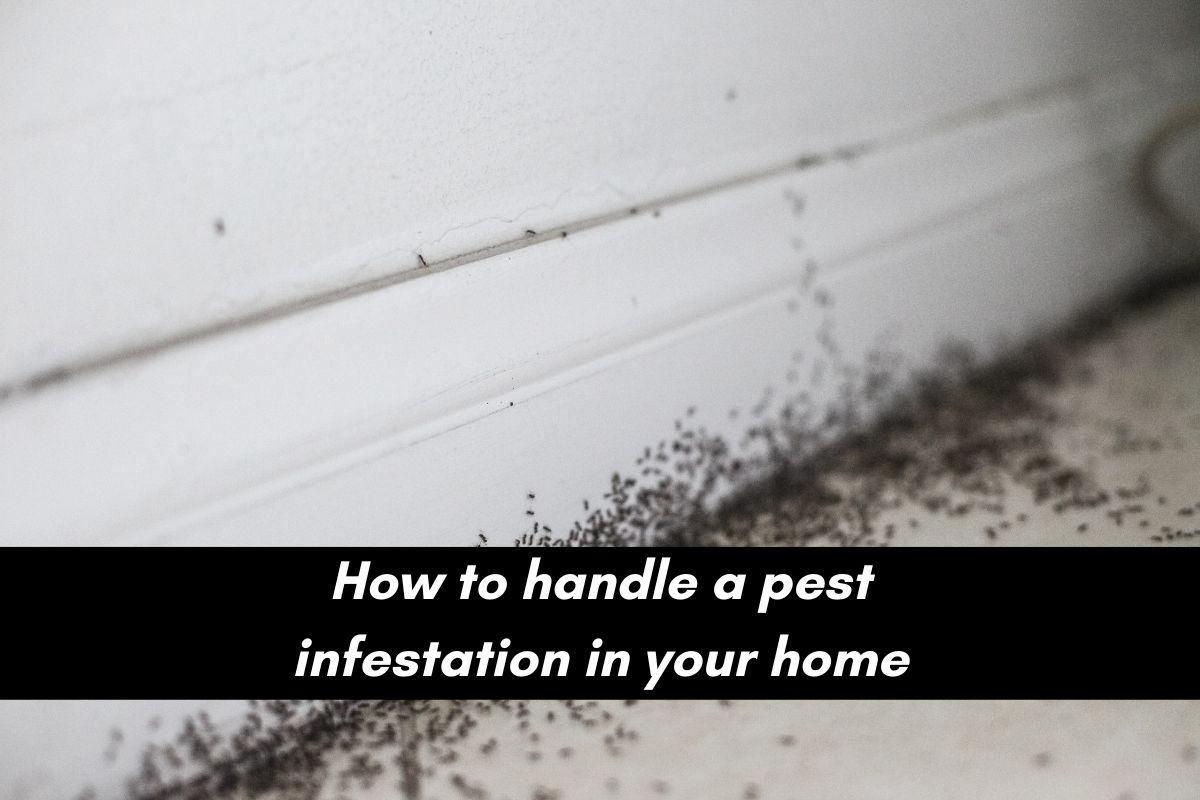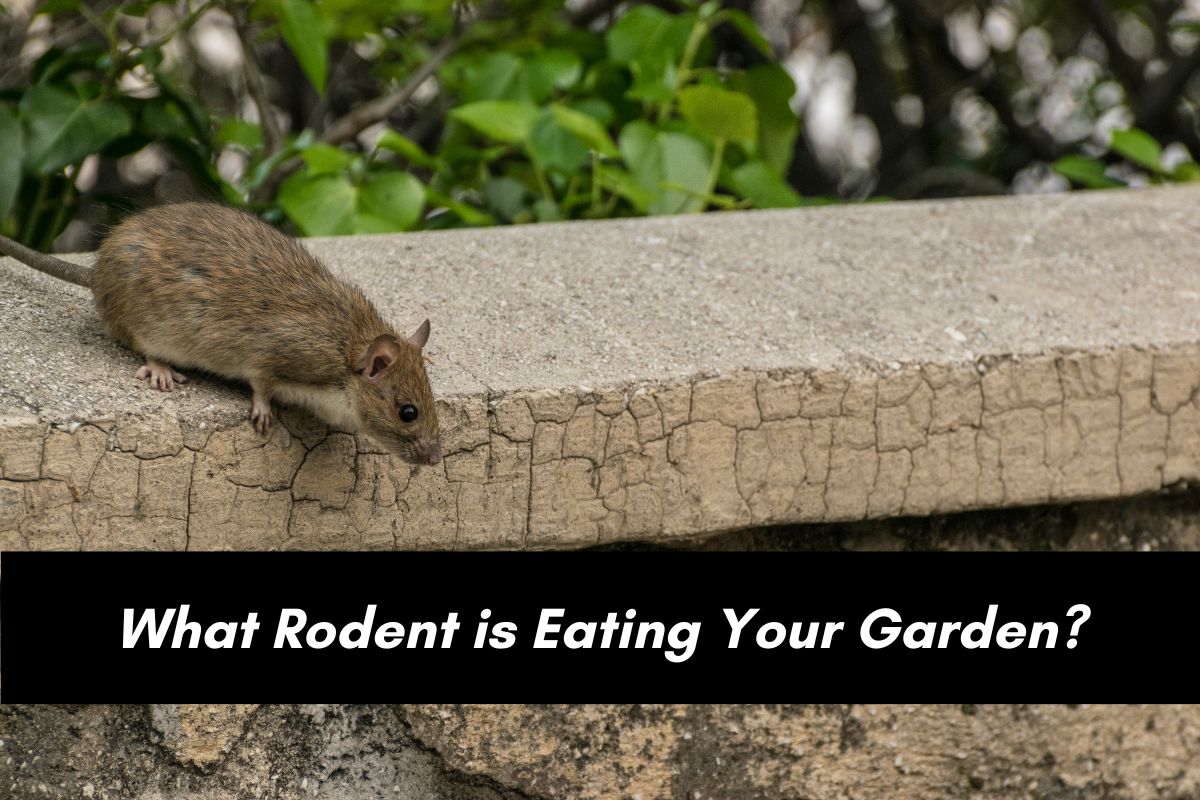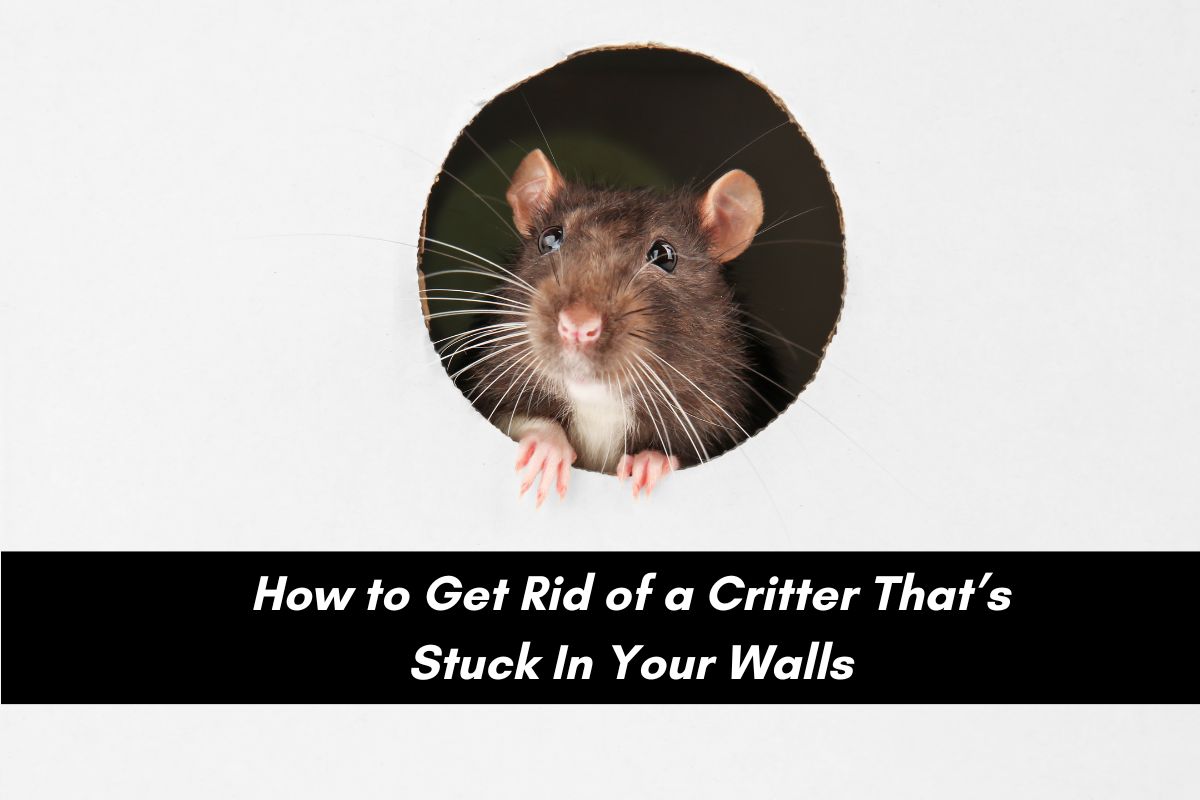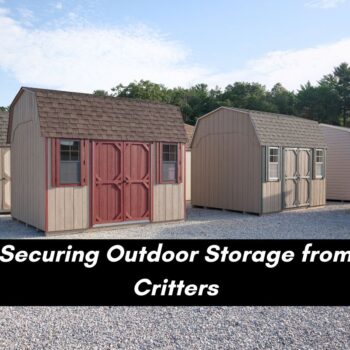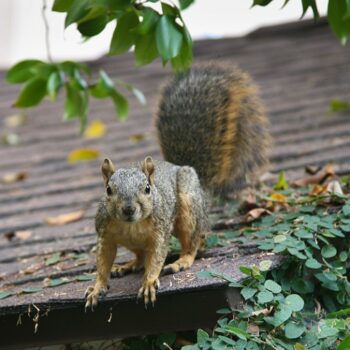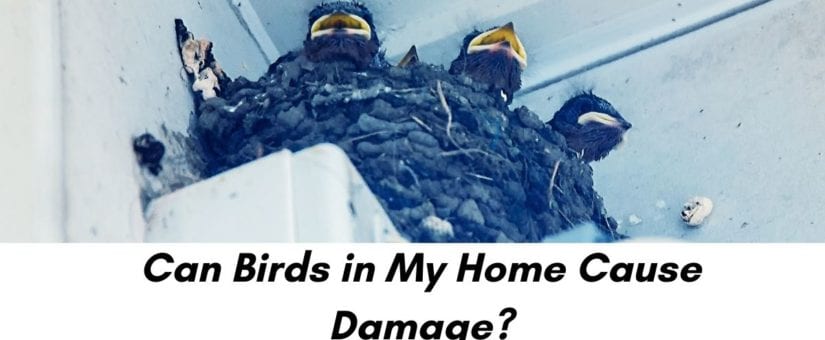
Bird Damage in Your Home and How To Spot It
- Posted by JoeyO
- On March 24, 2024
- 0 Comments
In the Triad of North Carolina, there are many great species for bird watchers to enjoy. But not everyone is happy to have birds around — especially if they are too close for comfort. Homeowners frequently report pest issues with birds, and it’s not always easy to know what to do to solve these problems.
Nuisance Bird Damage by Species
There are thousands of species of birds, and not all of them are likely to harm your property. Many of them keep a distance from human activity, and others, like ducks and swans, have habitat they are not likely to leave for a neighborhood.
Pest Birds
Pigeons, starlings, and sparrows, however, are three that are commonly called “pest” birds. They do not mind getting up close to people — and causing a little destruction when they do. These species will attempt to roost in your attic and breed in large numbers, multiplying quickly.
Starlings
Starlings are some of the most common pest birds for residential customers. Starlings have bright yellow bills in the summer with a black, iridescent, spot coloring and like to nest in attics through soffit holes (bird block holes). The nests that they build and will use year after year if allowed are big, smelly, toxic, and mite-ridden.
Sparrows
House sparrows live near humans. Sparrows regularly take up residence in and around manmade buildings, which contributes to noise pollution as well as various health hazards that result from their droppings.
Pigeon
Pigeons are abundant and look for roosting and nesting spots that resemble the rocks and cliff ledges they prefer. Having pigeons in your yard means you have gutters, chimney ledges, or balconies they enjoy for scoping out the area for food. Pigeons may also use eaves, barns, sheds, or roof vents to build a nest. Pigeon droppings can cause a variety of issues for buildings and people. In addition to being unsightly, the excrement corrodes buildings and kills vegetation when it accumulates in high enough volumes.
Woodpeckers
Woodpeckers can be another source of damage. They tap holes into wood to find insects and also to create storage locations for the food they’ve found. And Woodpeckers don’t care if that wood is a tree or the boards in your deck.
Problems with Large Flocks of Birds
Crows, blackbirds and some other species can cause worry for homeowners if they begin to congregate in large numbers. While not likely to occur on your property, blackbirds sometimes roost in flocks of millions of birds. Groups of tens of thousands are more common and can cause fear, damage and lots of bird waste.
Aggressive Birds
More desired birds, like blue jays and cardinals, may even cause some problems. They can get aggressive with each other and with pets when fighting over food or territory. On occasion, they may also crack a window by pecking at it or flying into it repeatedly
Bird Nests Hazards
Nesting is the main concern, though, in terms of house damage. Birds frequently choose the attic as their nesting place, because it is protected from the weather and has lots of good material, like insulation, to build their nests with. The gutters are also a great place for birds to nest because they are up high and have a great source of water. Other spots include the rafters of a covered porch or garage, sheds and the exterior walls of a home.
What’s the Best Way to Keep Birds Away?
Several options are available to mitigate bird issues. For residential structures, the focus is more on exclusion and prevention.
The most popular items are to seal off the entry and roosting points while installing intimidation and deterrent products. Just like with people, birds have their personalities and tolerances. Some are more persistent than others and some scare easily. Deterrents include scare devices such as balloons, spikes, flashers, or Mylar strips, and exclusion work has proven to be a great way of resolving the issue cost-effectively.
Birds are one pest you don’t want to mess with. Raptors, like owls, eagles and falcons, can be very dangerous if their nests are disturbed, for example. There are also countless diseases associated with birds and their waste.
But a bigger risk may be the legal problems of violating the 1918 Migratory Bird Act. This was an agreement between Canada and the United States to protect almost all bird species in North America. Non-native species are often not protected, like the pigeon, starling and sparrow, but attempting to trap these species does have rules involved.
Better to leave it to the experts. Call Critter Control of the Triad to get some expert help dealing with bird problems by calling (336) 370-0445 today. We serve Greensboro, Winston-Salem, Burlington, High Point and the surrounding areas of Guilford, Alamance, and Forsyth counties.




